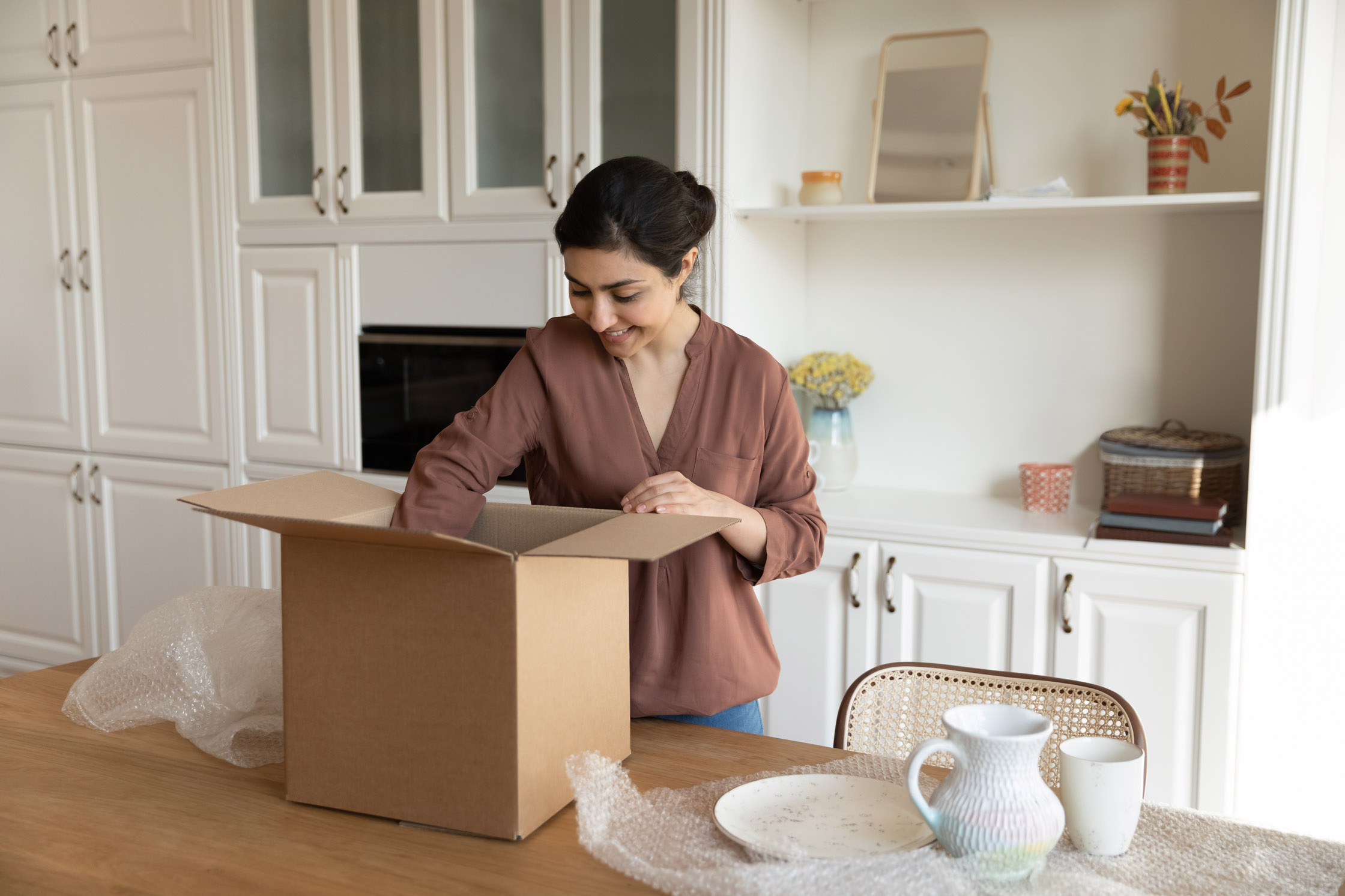Why Buying Stuff Can Make You Feel Less Lonely

You may be coping with feelings of loneliness and not belonging through consumption. Psychologists call this “compensatory consumption.”
Consumption includes various products and activities that help connect you, like social media, nostalgic items, and pre-owned objects.
In reality, consumption may increase your loneliness (such as materialism, narcissism and fear of being left out) and make it more challenging to connect with others.
Loneliness is highly prevalent. Many people want more friends but fail to develop friendships. This may be due to trust issues, lack of time or fear of rejection. If you are introverted or shy, establishing romantic relationships is complicated.
The recent COVID-19 has also created a parallel pandemic of loneliness – and triggered other mental health issues, such as anxiety and depression.
A recent study (August 2021) published in the Current Opinion in Psychology
What is loneliness?
Loneliness is a subjective experience of deficiencies in one’s social relationships, a feeling that our relationships lack quality or are unsatisfying in fundamental ways.
Loneliness and objective social isolation are two different things. You may feel lonely even if you are in a crowd or have many friends, though few who are close. In contrast, another person may feel satisfied with having limited social connections or spending time alone.
According to research, several unhealthy behaviours are associated with loneliness, including maladaptive emotion regulation strategies or challenges in exercising self-control. It is a strong predictor of various adverse outcomes, such as significant depression and anxiety.
Compensatory consumption is one way you may cope with loneliness.
Compensatory consumption
Compensatory consumption refers to activities or products you may indulge in to satisfy your psychological need to belong.
For instance, if you fear rejection, you may be more willing to purchase a product that you don’t like but your partner desires as an attempt to signal shared preferences.
Compensatory consumption experiences can also be neutral or positive, such as donating to charities.
However, they can also be harmful to you, such as when you are willing to engage in excessive drinking or drug abuse to fit in and fulfil your need to belong.
Using social media to cope with loneliness
Social media is a popular product that helps people, enabling them to reconnect with friends or communicate with people who share their interests.
However, electronic interaction has failed to reduce loneliness. Social media is associated with increased loneliness. It induces greater fear of missing out (FOMO) and lower quality social interactions than in-person interactions.
Social media also tends to become an addiction. You may spend hours in an alternative reality, consuming it and creating your own. This way, you will get further away from real friends and friendships.
Consuming products to cope with loneliness
Some products offer you an indirect or symbolic connection to others. For example, purchasing second-hand items (e.g., a used comic book, game, or watch). Or you are buying nostalgic products (e.g., a Volkswagen Beetle instead of an electric car).
Other products directly reduce your loneliness by fulfilling a “social connection function.” Lonely people tend to develop emotional relationships with brands or anthropomorphize products (attributing human characteristics to them). Research indicates that lonely people prefer anthropomorphized products – examples of such items are Mr Clean, the Geico gecko, and M&M characters.

However, there are potential costs of using products to reduce loneliness. One risk is that your substitution of products for human connection may gradually become permanent. This can take the form of accumulating many possessions and becoming more materialistic. And materialism, research shows, harms your happiness and well-being.
Ironically, becoming materialistic to cope with your loneliness could lead to your being more lonely due to possessions taking the place of social interactions. This leads to increased loneliness, and a vicious cycle develops.
Self-preservation and loneliness
Social connections are essential for our survival. Loneliness triggers the motive to reconnect. However, loneliness may also trigger self-preservation and avoidance of others.
This is because feelings of loneliness warn us about inadequate support and protection and the inherent dangers of desperate and “indiscriminate attempts to form trusting social relationships.” Therefore, solitary individuals often become increasingly hypervigilant, self-focused, or self-centred.
Such a mindset and behaviours make it difficult for you to connect with others. For example, being distrustful or sceptical is one reason chronically lonely individuals are not comfortable with physical closeness and interpersonal touch.
This is unfortunate since interpersonal touch can benefit your mental health and well-being by reducing stress, anxiety, and depression. It can significantly help lonely individuals.
The discomfort with interpersonal touch also impacts your preferences as a consumer. The study notes that lonelier individuals “show lower preferences for consumer-related services, such as massage, dance lessons and service encounters than less lonely consumers.”
Social factors and loneliness
Several personal and social factors (shyness, introversion, being bullied and ostracised, experiencing sexism or racism) may affect your social connections, acceptance, and belonging. In short, they increase the risk of loneliness.
Loneliness occurs when you cannot form good relationships and cannot meet your need to belong, whether to a group, community or otherwise.
So, it is not the number of relationships but whether your interactions help you meet social and belonging needs. On the other hand, too much socialising is not healthy either.
It would be best if you found a happy balance—between the extreme of avoiding all products that could help you connect with others and the other extreme of becoming overly dependent on products or activities to fulfil your emotional or social needs.
Talking to a therapist
Lonely people can easily start by talking to a therapist. They can share your concerns, get tips on delinking from the consumption and digital world, and establish meaningful and fulfilling connections.
The therapist can be your stepping stone out of loneliness and fear of rejection and into the real world of fruitful relationships.
To book an online or in-person appointment with a therapist, click here or call +91 90008 50001